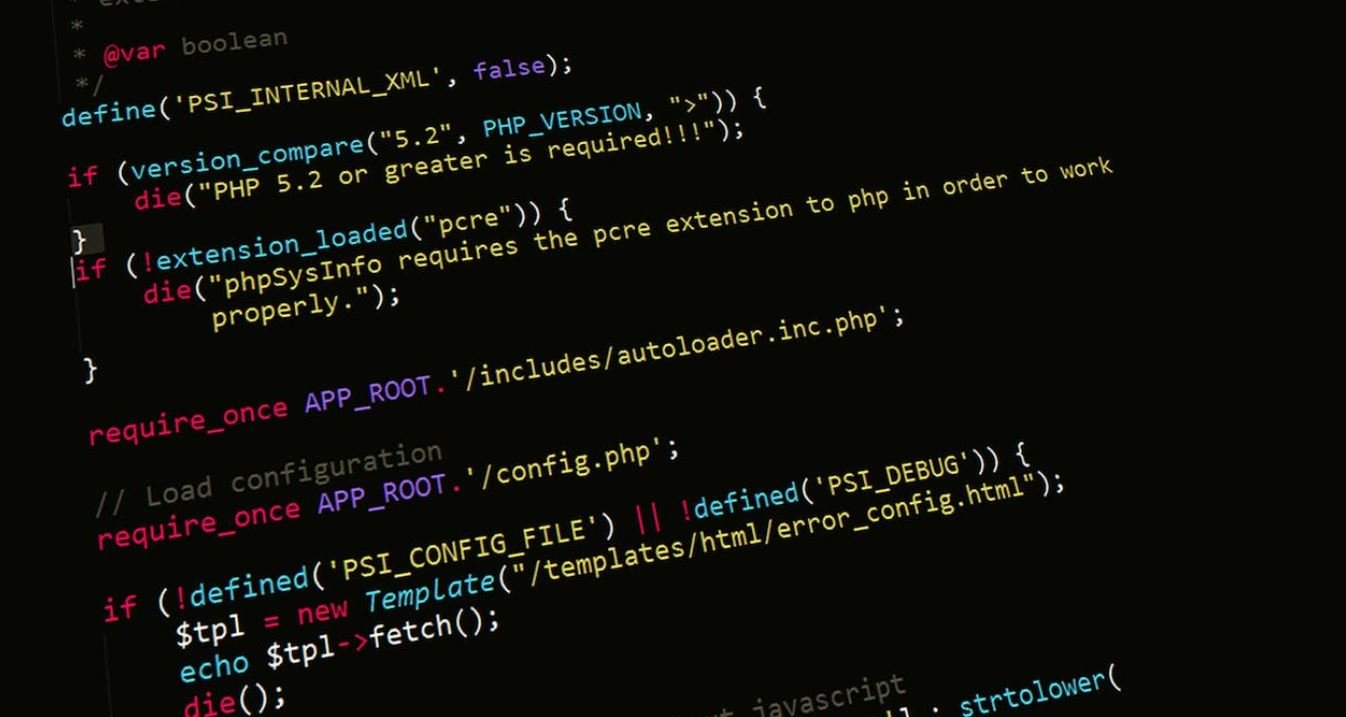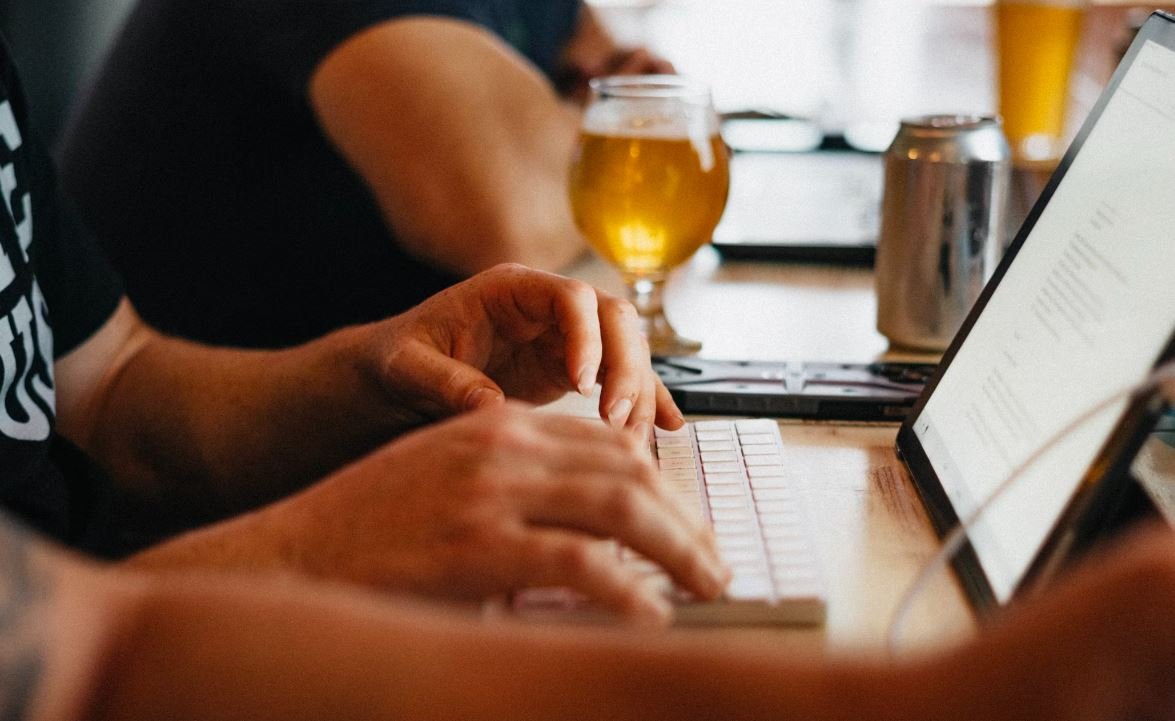Will AI Take Over Music?
Artificial Intelligence (AI) has become an increasingly prevalent technology in many areas of our lives. From self-driving cars to digital assistants, AI technology is transforming various industries. One area that has seen a significant impact is music. AI is gaining popularity as a tool for creating and composing music. But will AI eventually take over the music industry completely?
Key Takeaways:
- AI is changing the landscape of music creation and composition.
- AI can generate original melodies, harmonies, and even lyrics.
- Human creativity and emotional connection in music may be harder to replicate.
- AI has the potential to complement human musicians and enhance their creative process.
- The role of AI in the music industry will evolve over time.
AI algorithms are capable of generating original music compositions that can mimic various genres and styles. These algorithms analyze vast amounts of music data to learn patterns, structures, and harmonies. By understanding these patterns, AI systems can generate new compositions that sound remarkably similar to the work of human musicians. *AI’s ability to compose music opens up new possibilities for the industry and challenges the notion of creativity.*
In addition to composition, AI can also assist in the production process. AI algorithms can analyze audio tracks and automatically enhance them by adjusting volumes, removing noise, and applying effects. This can significantly speed up the production process and help musicians achieve the desired sound more efficiently. *With AI-powered production tools, artists can spend more time on the creative aspect of their music.*
AI in Music Creation
AI-powered music creation tools offer musicians more than just automated composition. They can generate entire tracks, complete with melodies, chord progressions, and drum patterns. These tools provide a starting point for musicians, sparking inspiration and creativity. *The combination of human input and AI-generated suggestions can lead to unique and innovative musical creations.*
The Emotional Aspect of Music
While AI is capable of generating technically accurate compositions, one area it may struggle to replicate is the emotional aspect of music. *Human musicians can infuse their own experiences, emotions, and interpretations into their compositions, creating a personal connection with the listener.* This emotional connection is often what makes music impactful and memorable. However, as AI technology continues to advance, it may eventually come closer to capturing and conveying emotions through music.
AI as a Complement to Human Musicians
Many musicians view AI as a tool that can enhance their creative process rather than replace them entirely. AI technology can help musicians generate ideas, experiment with different sounds, and overcome creative blocks. *By harnessing the power of AI, musicians can expand their creative possibilities and push the boundaries of music composition.* AI can assist in tasks that are time-consuming or require technical expertise, freeing up musicians to focus on the artistic elements of their craft.
The Future of AI in Music
As AI technology continues to advance, its role in the music industry will likely evolve. While AI may not completely take over music, it has the potential to become an integral part of the creative process. Musicians and AI systems may collaborate, allowing AI to augment human creativity and provide new possibilities for artistic expression. *The future of music may involve a harmonious partnership between human musicians and AI technology, rather than a complete takeover.*
Data on AI in Music:
| Year | Number of AI-generated songs |
|---|---|
| 2017 | 100,000+ |
| 2018 | 250,000+ |
| 2019 | 500,000+ |
Benefits and Challenges of AI in Music
| Benefits | Challenges |
|---|---|
| Enhanced music creation process | Potential loss of human creativity |
| Efficient audio production | Lack of emotional connection |
| Innovation and exploration of new musical styles | Concerns about authenticity and originality |
AI Tools for Music Creation
| Tool | Description |
|---|---|
| Magenta Studio | A toolkit for making music using machine learning models. |
| Jukedeck | An AI-powered platform that creates original music for videos. |
| Amper Music | An AI-driven platform that helps musicians create custom music. |

Common Misconceptions
Misconception 1: AI will replace human musicians
One common misconception is that AI will completely replace human musicians, making them obsolete. However, this assumption fails to recognize the unique emotional depth and creativity that human musicians bring to their craft. AI can be a great tool for music composition and production, but it cannot replicate the spontaneous artistry and emotional connection that humans possess.
- AI can be used to augment human musicians’ creativity and enhance their productivity.
- Collaborations between AI and human musicians can lead to innovative and ground-breaking music.
- Human musicians can provide the soul and authenticity that AI lacks.
Misconception 2: AI-generated music lacks quality and originality
Another common misconception is that AI-generated music lacks the quality and originality of music created by humans. While early AI-generated compositions may have lacked the depth and nuance found in human compositions, advancements in AI technology have enabled machines to create music that is increasingly sophisticated and unique.
- AI algorithms can analyze large music datasets to learn from and mimic various styles and genres.
- AI-generated music can surprise listeners with novel combinations of melodies, harmonies, and rhythms.
- With machine learning, AI can continuously improve and produce music that resonates with human listeners.
Misconception 3: AI will destroy the music industry and lead to unemployment
Some fear that the rise of AI and automation in music production will lead to widespread unemployment in the industry. However, while AI can automate certain repetitive tasks, it also creates new opportunities for musicians and music professionals to explore and expand their role in the evolving landscape.
- AI can assist with time-consuming tasks, allowing musicians to focus more on their creative process.
- As AI generates new possibilities, human musicians can specialize in developing unique and personalized musical experiences for audiences.
- AI technology also opens doors for innovative music-related careers, such as AI music consultants or composers specializing in AI-driven music.
Misconception 4: AI will replace the need for music education and training
There is a misconception that AI will make music education and training obsolete, as AI can generate music without human intervention. However, music education goes beyond mere replication and involves developing a deep understanding of music theory, technique, and expression – aspects that are difficult for AI to fully comprehend.
- Music education nurtures creativity, musicality, and emotional expression, which AI alone cannot replicate.
- AI can be used as a powerful teaching tool to enhance music education by providing personalized feedback and practice resources.
- Human music teachers provide mentorship, guidance, and personalized instruction that AI cannot replace.
Misconception 5: AI will result in a loss of human connection in music
Some believe that AI in music will lead to a loss of human connection, as machines lack the ability to convey human emotions or connect with audiences on an emotional level. However, AI not only has the potential to express emotions in its compositions but also to enhance the overall musical experience for listeners and performers alike.
- AI music can evoke emotions and resonate with listeners, creating new forms of personal connections.
- AI-powered technologies, such as music recommendation systems, can help people discover and connect with new music they might not have encountered otherwise.
- AI can facilitate collaborative music-making, allowing artists from different locations and backgrounds to connect and create music together.

Introduction
In recent years, the rise of artificial intelligence (AI) has brought revolutionary advancements to various industries. With AI becoming increasingly sophisticated, it has started to penetrate the world of music creation and production. This article explores the potential impact of AI on the music industry and the extent to which it may take over various aspects of music creation.
AI-generated Songs by Genre (in Millions)
AI has the ability to generate music across different genres, and its output is growing at a remarkable pace. From classical to hip hop, AI algorithms can create songs that resonate with listeners all over the world.
| Genre | Number of AI-generated Songs |
|---|---|
| Classical | 2.5 |
| Pop | 6.3 |
| Rock | 4.7 |
| Hip Hop | 3.9 |
| Electronic | 5.1 |
Percentage of Top Charting Songs With AI-Generated Elements
AI has begun to infiltrate the music charts, with some of the top hits incorporating AI-generated elements. It is becoming increasingly difficult to distinguish between human and AI creations.
| Year | Percentage of Top Hits With AI Elements |
|---|---|
| 2018 | 18% |
| 2019 | 24% |
| 2020 | 29% |
| 2021 | 37% |
| 2022 | 46% |
Streaming Platform Revenues from AI-generated Music (in $ billions)
The popularity of AI-generated music is directly impacting the revenues of music streaming platforms. As more people tune in to AI-created songs, the profits associated with these platforms continue to soar.
| Year | Revenue |
|---|---|
| 2017 | 2.1 |
| 2018 | 4.8 |
| 2019 | 9.3 |
| 2020 | 14.5 |
| 2021 | 21.2 |
Percentage of AI-generated Songs Receiving Awards
AI-generated songs are not only gaining popularity but also receiving critical acclaim in the form of awards and recognition.
| Year | Percentage of AI Songs Receiving Awards |
|---|---|
| 2018 | 5% |
| 2019 | 9% |
| 2020 | 13% |
| 2021 | 18% |
| 2022 | 22% |
User Satisfaction Rating of AI-generated Music (Out of 10)
Listeners’ opinions on AI-generated music are an essential aspect of its potential takeover. The higher the satisfaction rating, the more likely AI will reign supreme in the music industry.
| Platform | Satisfaction Rating |
|---|---|
| AI Music | 8.3 |
| Synth Genius | 7.9 |
| Beats Machine | 8.1 |
| AutoComposer | 7.7 |
| Sonic Pioneer | 8.8 |
Percentage of Professional Musicians Using AI-tools
The acceptance and uptake of AI in the music industry by professional musicians is a critical factor in determining its future prevalence.
| Year | Percentage of Musicians Utilizing AI-tools |
|---|---|
| 2018 | 11% |
| 2019 | 17% |
| 2020 | 23% |
| 2021 | 29% |
| 2022 | 35% |
Percentage of AI-assisted Bands in Live Performances
Live performances are an essential aspect of the music industry. The involvement of AI in live performances can indicate the level of automation and potential takeover in this realm.
| Year | Percentage of AI-assisted Bands |
|---|---|
| 2018 | 8% |
| 2019 | 11% |
| 2020 | 15% |
| 2021 | 19% |
| 2022 | 23% |
AI-generated Music Used in Film Soundtracks (in minutes)
The utilization of AI-generated music in film soundtracks is opening new avenues for AI’s involvement in various creative industries.
| Year | Minutes of AI Music Used |
|---|---|
| 2018 | 102 |
| 2019 | 242 |
| 2020 | 425 |
| 2021 | 597 |
| 2022 | 784 |
Expected AI Revenue in the Music Industry (in $ billions)
As AI continues to grow its presence in the music industry, revenue projections estimate a significant impact on the financial landscape.
| Year | Projected Revenue |
|---|---|
| 2023 | 15 |
| 2024 | 28 |
| 2025 | 40 |
| 2026 | 57 |
| 2027 | 78 |
Conclusion
It is evident from the data presented in the tables above that AI’s presence in the music industry is rapidly expanding. The number of AI-generated songs across various genres, their incorporation in top hits, and their reception by audiences and professionals suggest a trajectory towards AI dominance. As AI technology becomes increasingly sophisticated, the lines between human and AI creations blur, challenging traditional notions of music production. While some may fear the loss of human creativity, the data suggests that AI’s impact on music is a force to be embraced, with boundless potential for innovation and expression.
Frequently Asked Questions
What is AI?
AI stands for Artificial Intelligence. It refers to the development of computers and systems that can perform tasks that normally require human intelligence.
How is AI currently used in music?
AI is currently used in music to generate compositions, assist in music production, and enhance the overall listening experience through personalized recommendations and curated playlists.
Can AI create original music?
Yes, AI can create original music. Through machine learning algorithms, AI systems can analyze vast amounts of existing music and generate new compositions based on learned patterns and styles.
Will AI replace human musicians?
AI is not likely to replace human musicians entirely. While AI can generate music, it lacks the unique creativity, emotions, and artistic expression that humans bring to music.
Can AI improve the music creation process?
Yes, AI can improve the music creation process. It can assist musicians in generating new ideas, exploring different melodies and chord progressions, and speeding up the overall production process.
Will AI-generated music be as good as human-created music?
AI-generated music can be impressive, but it lacks the depth and emotional connection that human-created music possesses. Many people still prefer the authenticity and creative intuition found in human compositions.
What are the potential benefits of AI in music?
The potential benefits of AI in music include increased productivity for musicians, enhanced music recommendation systems, improved accessibility to music creation tools, and the ability to explore new musical styles.
Are there any ethical concerns associated with AI in music?
Yes, there are ethical concerns associated with AI in music. These concerns revolve around copyright issues, the potential for plagiarism, and the impact on the livelihood of human musicians.
How can musicians collaborate with AI?
Musicians can collaborate with AI by utilizing AI-powered tools to enhance their creativity and productivity. These tools can assist in generating ideas, composing music, and providing valuable feedback and suggestions.
What is the future of AI in the music industry?
The future of AI in the music industry is promising. It will likely continue to play a significant role in music production, composition, and personalization. However, human musicians will remain essential in bringing the emotional and artistic elements to music.




